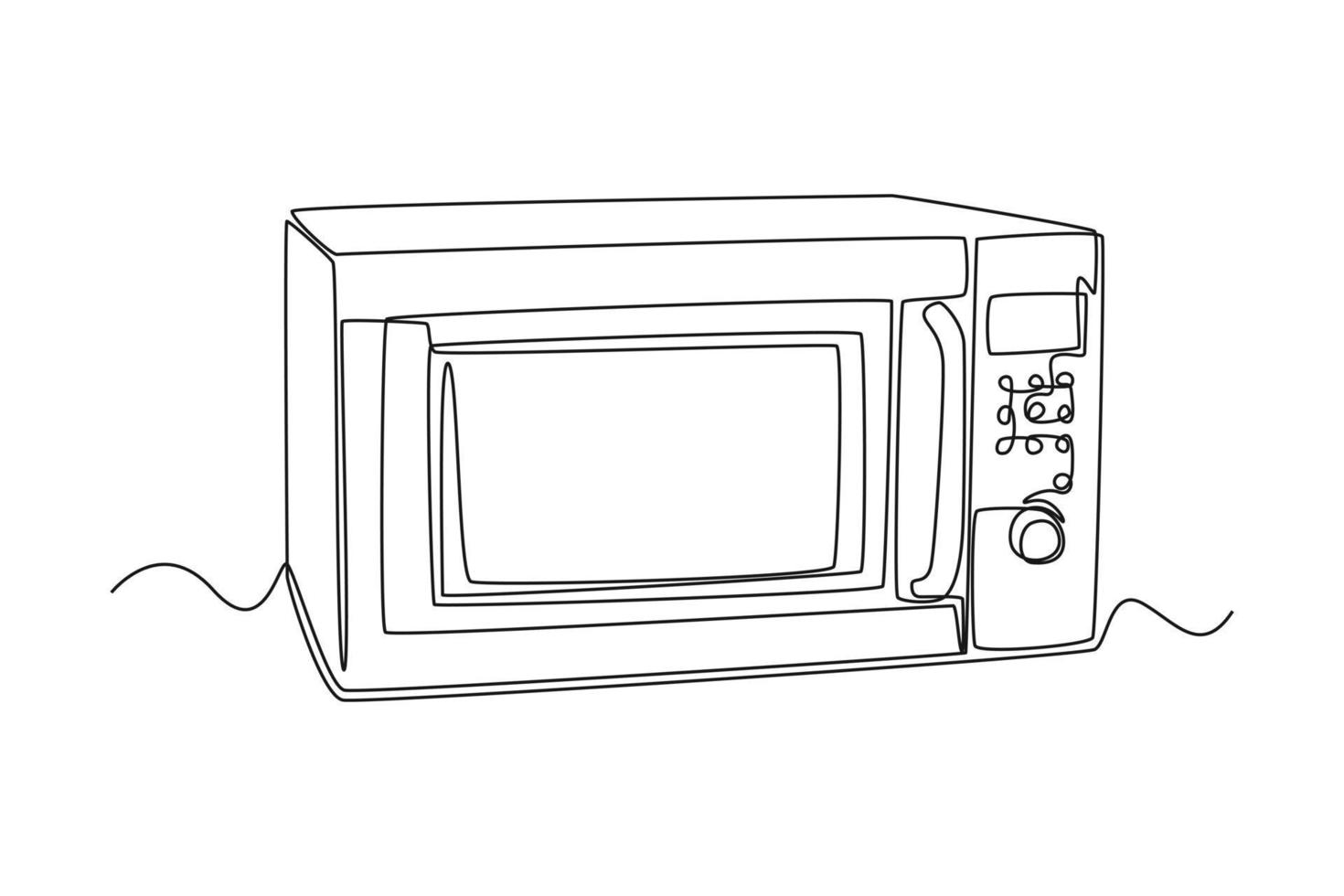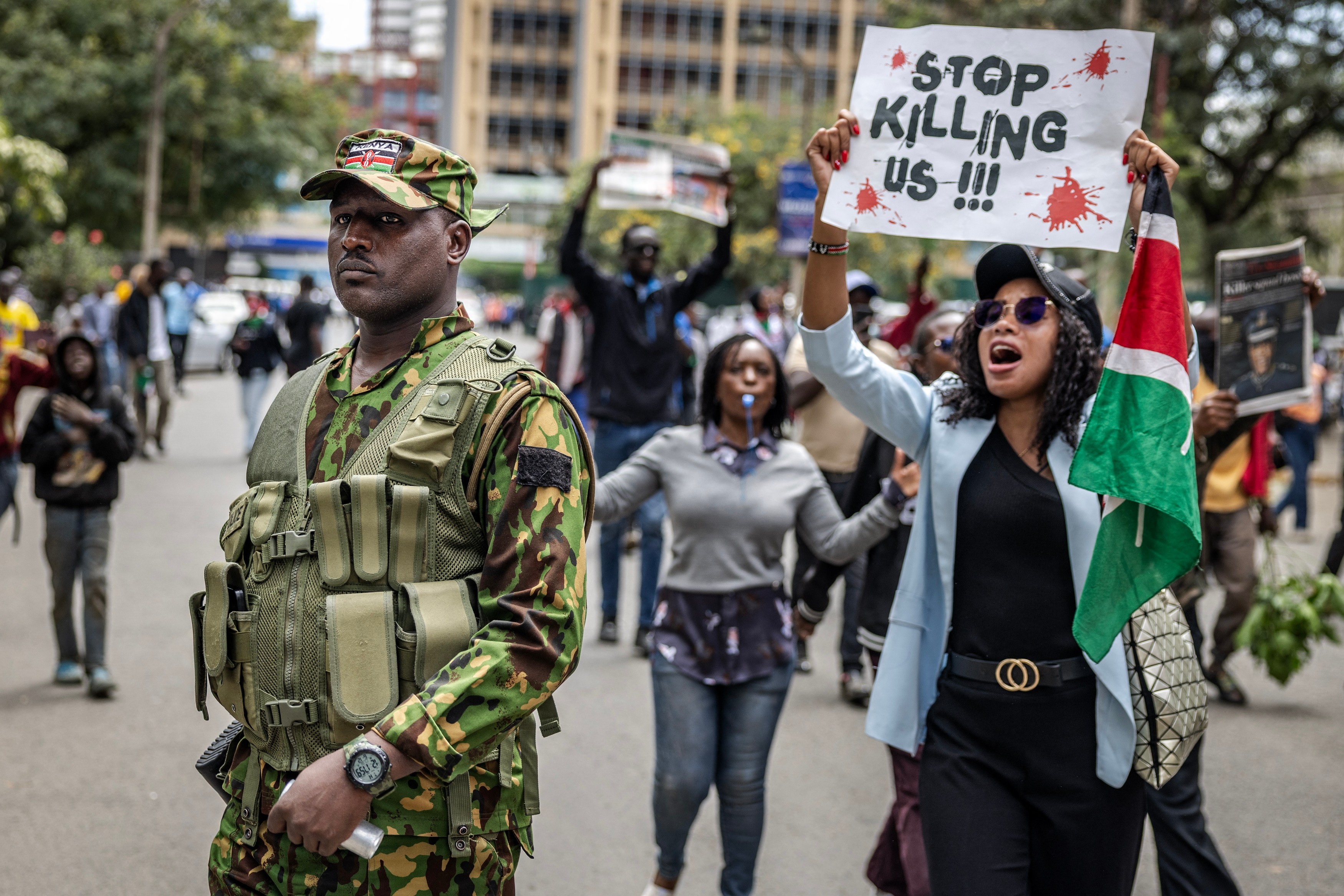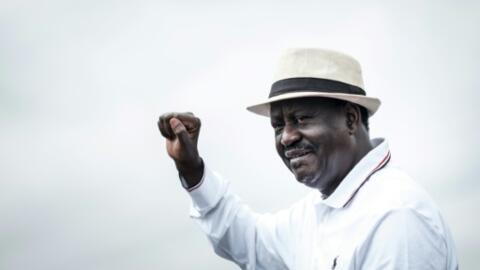
Welcome to the Era of Microwave Masculinity
There’s a poster circulating on social media. One of those loud yellow ones with bold fonts, carefully arranged headshots, and corporate logos neatly placed at the bottom like a peacock’s display of majesty. It’s advertising a men’s event where early bird tickets (allegedly sold out) are going for Kshs 8,000. And if your wallet is feeling extra generous, or you’re detached from the realities of this economy, there’s a Kshs 85,000 package.
It’s not the first edition. It’s season five. Complete with keynote speakers, branded water bottles, and a tagline. But it has made me reflect, quietly and uninvited, on my own clumsy, unbranded journey of becoming a man.
If I were to summarize it, I’d say my path into becoming a man has felt like being stuck on a bamboo raft in a stormy, shark-infested sea. No compass, no paddle, and no name tags or panel discussions. Just prayer, panic, sheer stubbornness, long nights, bad decisions, and lessons learned at the crucible that’s life.
The idea that masculinity can be packaged into a one-day event, with a buffet lunch and breakout sessions, is mildly amusing and deeply tragic. You won’t become a man by listening to other men rehearse how they became men. Especially when their stories are less about mentorship and more about memory, curated anecdotes presented like CVs with background music.
Try calling them after the event. Try asking for mentorship. That’s when you’ll discover that some of these successful men climbed up by stepping on the necks of other people. The George Floyd kind of knee on your neck, I can’t breathe reality. But from the podium, they’ll tell you to “stay humble” and “keep pushing.”
Worse still is this corporate illusion that manhood can be achieved in one afternoon. Something that takes a lifetime, foolish decisions, broken hearts, a few bounced cheques, and long nights of staring at the ceiling is now reduced to a summit with a feedback form at the end.
We’ve become a sachet society. Microwave masculinity. Just add water, and boom, you’re a man. Complete with a branded notebook and a quote for Instagram.
What used to be taught by uncles under mango trees is now locked behind early bird tickets and branded wristbands—proof that even soul work isn’t safe from monetization.
The corporate world will show up to speak about purpose and presence, but not when a young man’s body is found dumped by the roadside. That kind of masculinity doesn’t fit neatly into their brochure.
But real masculinity? That one is slow-cooked. Unstructured. Inconvenient.
To be a man is to sit with other men, preferably diverse ones. It’s to have peers you laugh with. Listen to the stories of older men whose lives didn’t come with captions, and answer the questions of younger men who are still figuring out how to stand.
I’ve spent hours with different men (my dad, uncle, mentors, and random older people) way older than me. Under the open night skies of Kano. By dusty Kisumu roadsides. Nairobi pubs. Apartment balconies. We’ve sat in silence. Debated. Laughed. Told the same story many times, just to arrive at a new insight. What I know about being a man, I learned in those moments. No agenda. No facilitators. No registration fee.
And yet, we keep showing up for events that promise growth without process. Spaces that allow us to feel changed without actually changing. We like these events because they don’t require work. They’re clean. Sanitised. No need to sit with your shame or your uncertainty; just pay, take selfies, nod, and leave.
But to be a man? That’s a messy affair.
It’s calling your older mentor and asking to tag along on their random errands. It’s sitting beside him as he gets a shave. Going for lunch without an agenda. It’s fetching him his favourite whiskey when he agrees to spend time with you. Because sometimes, value is shown, not spoken.
It’s also learning boundaries. Male friendships can be delicate. One overfamiliar joke and the door quietly closes, no dramatic exit, no warning. Just silence and a blue tick.
It takes emotional resources. But we avoid that. Many of us would rather buy a supplement to shrink our bellies than commit to walking every morning and skipping that third chapati. I’m not pointing fingers. I am both accuser and accused.
To be a man is also to make gloriously bad decisions.
It’s falling for a woman who turns your life upside down just to teach you that boring is peaceful. It’s tossing and turning in bed, wondering how you’ll get out of debt that you entered trying to impress people who weren’t even watching. It’s realizing, painfully, that nobody gives a damn about you in the way you imagined.
Then you begin to pay attention to the story you tell yourself and the kind of content you let in. You stop shouting. You start listening.
You begin to redraw boundaries that were trampled by people who didn’t know where to stop. You learn, after painful lessons, that “No” is a full sentence. That trusting blindly is expensive. That not everyone deserves access.
You also begin to understand that not all successful men are wise, and not all wise men are loud. Sometimes, your best teacher is the quiet man who shows up without making noise. The one who doesn’t have a following but has presence. It’s your dad whom society told you to cut off. It’s your boring uncle in the village who snores in the chair when it’s 8 PM. It could be the man you hate because they call out your bullshit.
Eventually, the noise fades.
You stop seeking applause. You start enjoying long walks. Quiet meals. Soup at Sagret. You call yourself an introvert, not as a label, but as an act of preservation. Crowds begin to feel like chaos. And peace becomes the new wealth.
You discover that a peaceful home is more valuable than a booming career. That sleeping deeply, without fear or performance, is the real mark of arrival. And then it dawns on you, no summit, no matter how well-produced, can give you this.
To be a man here is to live for applause and die in silence. Like Albert Ojwang—dragged, detained, and discarded. His death sparked outrage, but many others die nameless. No protests. No noise. A reminder that in this society, men are not just expected to be strong—they are expected to be disposable.



Whoa…deep! Great article, Odongo!
Thank you for passing by here. It means a lot.
Manhood doesnt have a particular blueprint, its a process of learning and unlearning
Great read Wuod Kano👏🏿